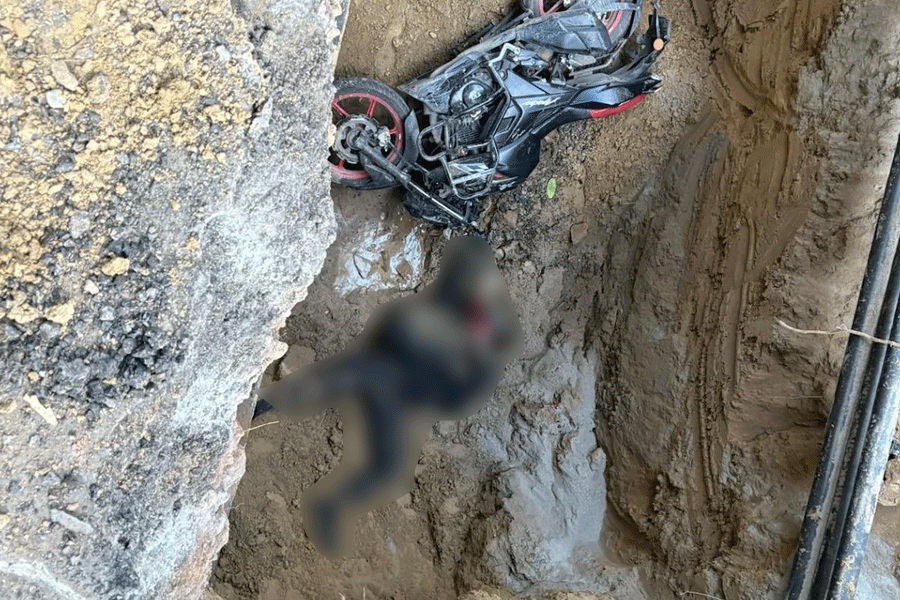Maruti Suzuki India Limited (MSIL) is feeling the pinch of high production costs because of the twin pressures of real driving emissions (RDE) transition as well as high commodity prices.
The company, which hiked prices recently because of a portfolio change to BSVI Phase II, has not responded to the softening of commodity prices in recent times.
Asked on price hikes, Shashank Srivastava, executive director, MSIL said: “We cannot predict whether there will be more hikes as we monitor commodity prices closely. Our last rise was because of the regulatory norms.”
About softening commodity prices, Srivastava said: “If you compare the April 2020 prices when steel was selling for Rs 30 per kg which went up to Rs 84 a kg and now it stands at Rs 68 per kg, prices are still very steep. Copper sold at $5,200 in 2020, it went up to $10,400 and now it’s $9600.”
“There have been huge increases in commodity prices and we have not passed the entire burden to consumers because there was Covid and demand was already affected. Not passing on the entire hike in production cost reduced our profitability in the last two years. And now although prices have softened a bit, there is still huge pressure on profitability.”
On RDE norms, which kick off on April 1, the company is monitoring closely how it affects the cost structure.
“Impact of RDE norms for gasoline is not large, for diesel vehicles, it is large,” said Srivastava. But the company is keeping a hawk-eye on the geo-political situation, demand changes in foreign countries, that affect commodity prices, because material costs comprise 75 per cent of production cost, he said.
Asked if the BSVI Phase II transition for Maruti has been done, he said: “Apart from Celerio, all models have transitioned. We will start transitioning Celerio in a week or two. We have stopped producing the old Ciaz and have started making the new Ciaz with RDE regulations.”
Commenting on the transition, he said it has been smooth because while companies cannot produce vehicles without RDE norms after March 31, they can still sell the unsold stock of old vehicles.










